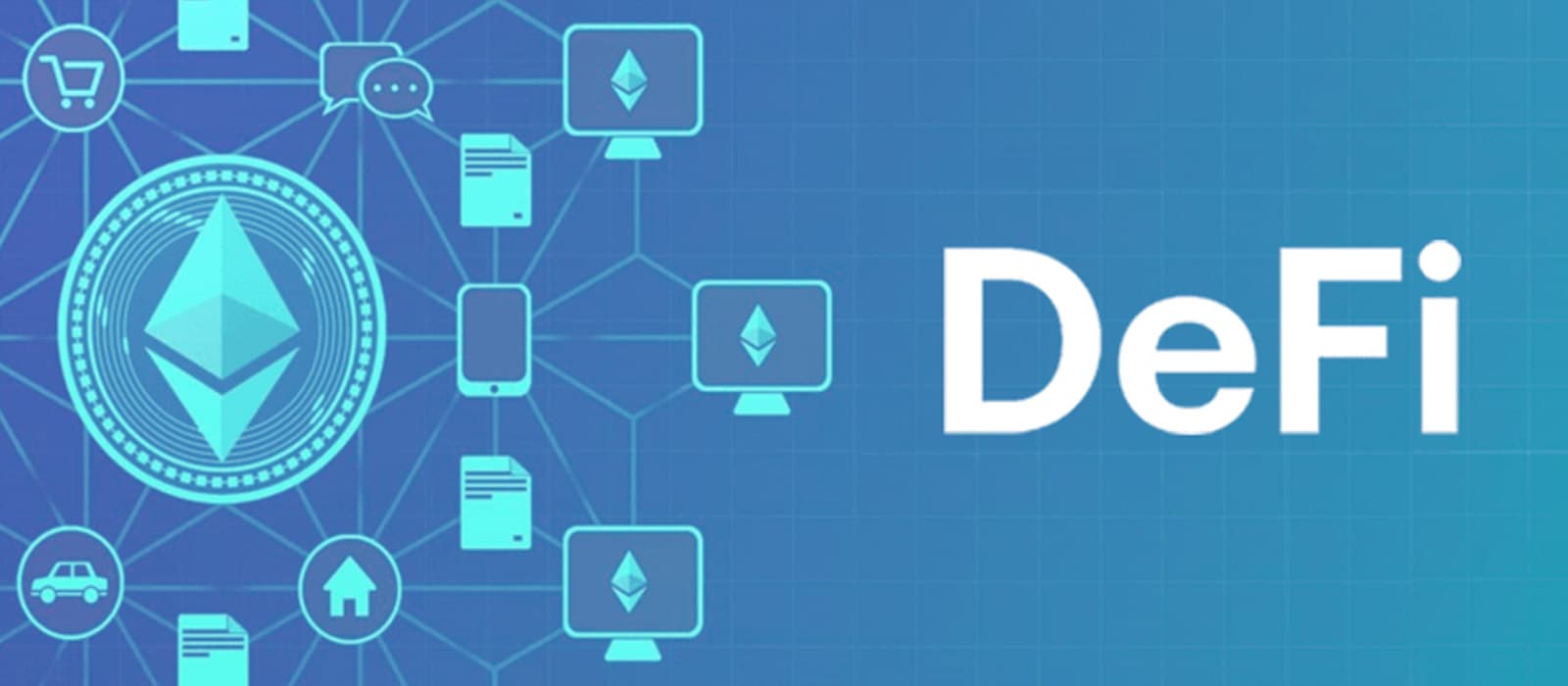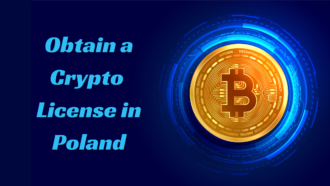Innovations in Risk Management: TUSD Pioneering Decentralized Insurance
The emergence of TUSD (Tokenized USD) and decentralized insurance introduces an innovative approach to risk management. In this article, we will explore the synergy between TUSD and decentralized insurance. The decentralized nature of crypto has attracted various traders and investors. You too can start investing using Granimator and get automated trading features.
TUSD and Decentralized Insurance: A Synergistic Approach
The integration of TUSD (Tokenized USD) and decentralized insurance brings about a powerful synergy that has the potential to revolutionize risk management. By combining the benefits of TUSD’s stability and transparency with the innovative features of decentralized insurance platforms, a new paradigm for managing and mitigating risks emerges.
Decentralized insurance platforms, built on blockchain technology, offer several advantages over traditional insurance models. They provide increased transparency, lower costs, and the ability to customize insurance products to meet specific needs. These platforms leverage smart contracts to automate policy issuance, premium collection, and claims processing, reducing the need for intermediaries and streamlining the entire insurance process.
By incorporating TUSD into decentralized insurance platforms, the ecosystem becomes even more robust. TUSD, as a tokenized representation of the US dollar, provides stability and a reliable medium of exchange within the decentralized insurance space. It eliminates the volatility associated with cryptocurrencies and offers policyholders the confidence that their claims and payouts are denominated in a stable currency.
The integration of TUSD also enhances the efficiency and trustworthiness of decentralized insurance. With TUSD as the underlying currency, policyholders can seamlessly transact, purchase policies, pay premiums, and receive claim settlements without the need for traditional fiat currencies. This eliminates the friction and delays often associated with currency conversions and international transactions.
Moreover, TUSD-backed decentralized insurance platforms can offer greater transparency in risk pools and claim settlements. Since transactions on the blockchain are immutable and transparent, policyholders can track the flow of funds, ensuring fairness and trust in the claims process. Additionally, the use of smart contracts enables automated claim settlements, reducing the administrative burden and ensuring faster payouts.
Case studies and real-world examples further highlight the potential of TUSD and decentralized insurance. Projects leveraging this synergistic approach have emerged, offering coverage for various risks, such as smart contract failures, custody losses, and even extreme weather events. These initiatives showcase the practical application of TUSD-backed decentralized insurance in real-life scenarios, providing a glimpse into the future of risk management.
Potential Challenges and Future Outlook
The integration of TUSD and decentralized insurance brings about exciting possibilities for risk management. However, there are certain challenges that need to be addressed to ensure the widespread adoption and success of this synergistic approach.
One of the primary challenges is the regulatory landscape surrounding decentralized insurance. As this field is relatively new and operates on blockchain technology, it raises questions about compliance, consumer protection, and legal frameworks. Regulatory bodies need to establish guidelines and regulations to ensure the integrity and security of decentralized insurance platforms while also protecting the interests of policyholders.
Another challenge is scalability. While decentralized insurance platforms offer numerous advantages, such as lower costs and increased transparency, they still need to demonstrate their ability to handle a large volume of transactions efficiently. Scaling up decentralized insurance platforms to cater to a significant number of policyholders will be crucial for their long-term success.
Additionally, there may be resistance and skepticism from the traditional insurance industry. Established insurance companies may view decentralized insurance as a threat to their market share and may be reluctant to embrace this innovative approach. Collaboration and cooperation between traditional insurers and decentralized insurance platforms will be essential to bridge the gap and foster a harmonious ecosystem.
Looking into the future, the prospects for TUSD and decentralized insurance are promising. As more individuals and businesses become aware of the benefits offered by decentralized insurance, there is a potential for widespread adoption. The use of TUSD as a stable and transparent medium of exchange within decentralized insurance platforms can enhance the efficiency and trustworthiness of the entire ecosystem.
Furthermore, advancements in blockchain technology and smart contract capabilities will likely contribute to the growth and evolution of decentralized insurance. With the ability to automate claims processing, eliminate intermediaries, and ensure faster payouts, decentralized insurance has the potential to revolutionize the industry and redefine risk management practices.
Conclusion
The integration of TUSD and decentralized insurance represents a powerful combination that addresses the limitations of traditional insurance models and leverages the advantages of blockchain technology. Through the use of TUSD as a stable medium of exchange and the innovative features of decentralized insurance platforms, individuals and businesses can navigate risks more effectively and efficiently.

















